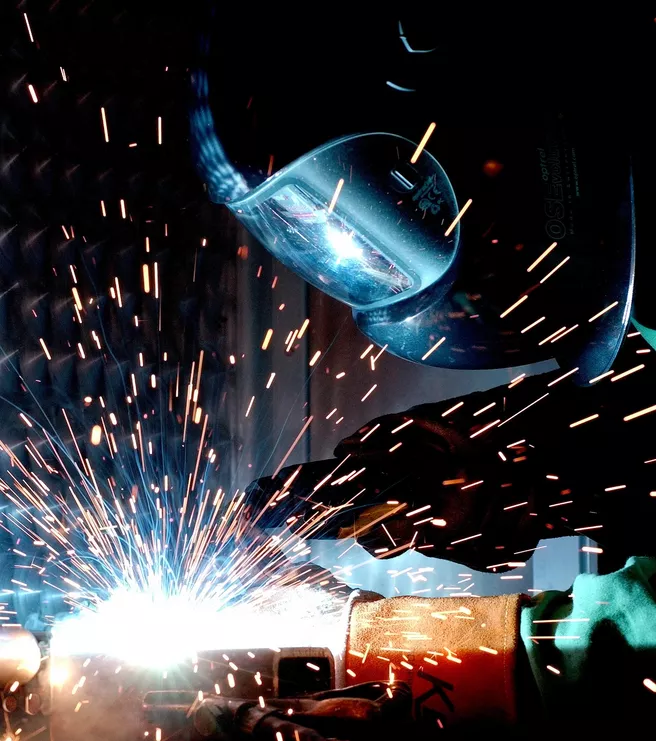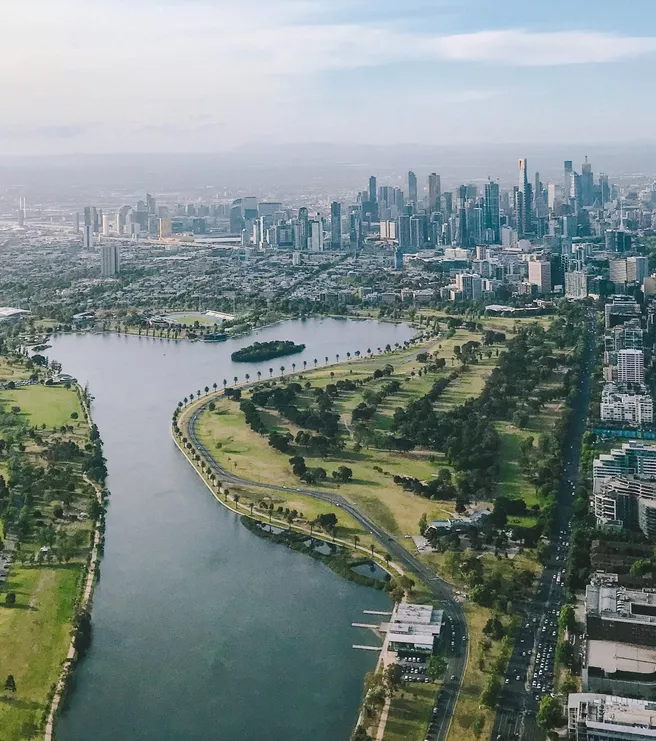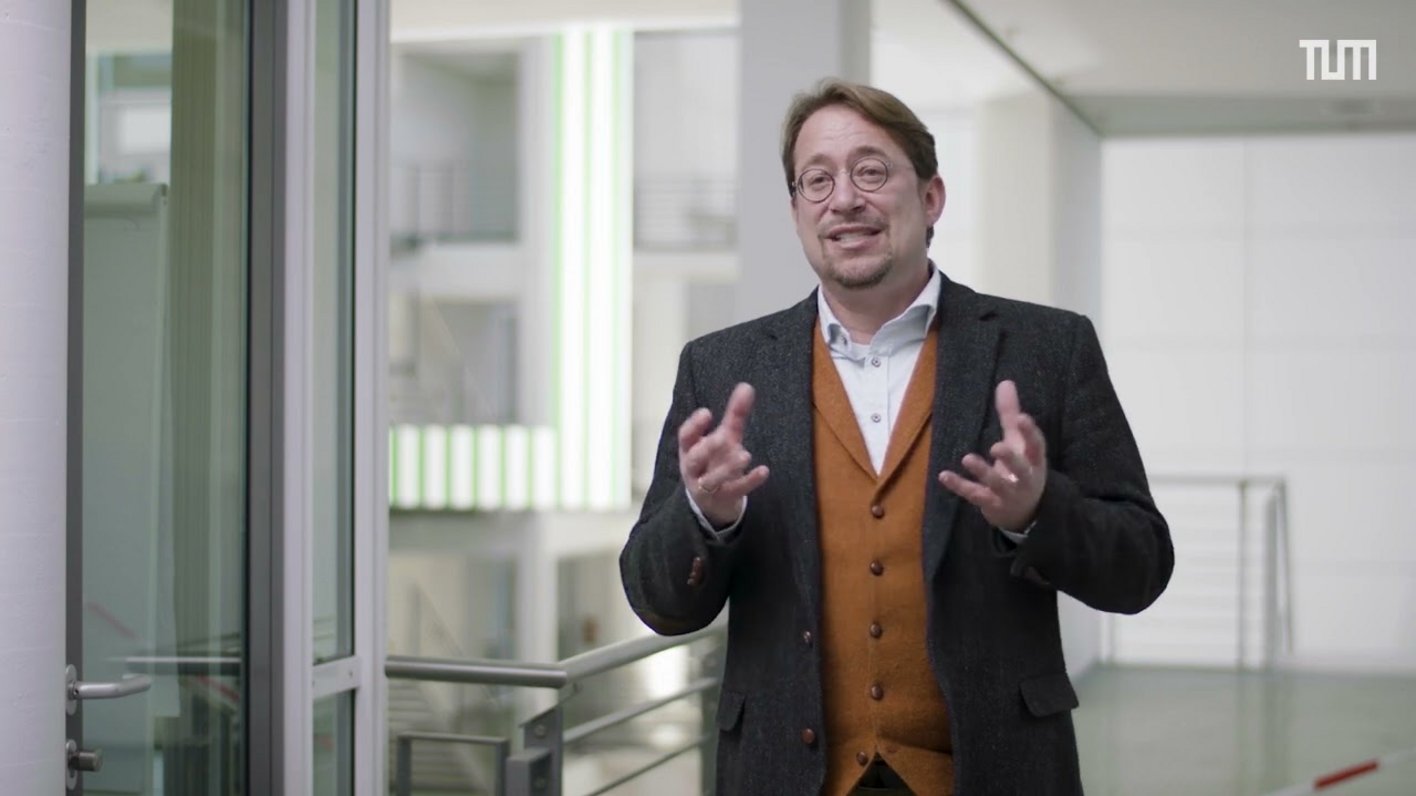CirculaTUM
How can we shape our economy to be both more sustainable and more resilient, use resources in a smarter manner and preserve them for future generations? With the TUM Mission Network Circular Economy (CirculaTUM), the Technical University of Munich does its part to reinvent the way we do business and decouple prosperity from resource consumption.
Interdisciplinary research network for Circular Economy
Both climate change and resource scarcity as well as the need to safeguard industrial competitiveness and security of supply are key drivers of the transformation to a circular economy.
With its research profile and study programs, the Technical University of Munich has an outstanding role to play in actively contributing to this epochal change. For this purpose, CirculaTUM bundles the diverse expertise within TUM across all disciplines and locations, drives new research projects, supports systemic thinking in teaching, and helps to activate student engagement and entrepreneurial potential.
As a driver for the paradigm shift from the traditional, linear economy to a circular model, CirculaTUM actively promotes discourse with business and society and provides a scientific contribution to the industrial and societal transformation.
Circular Economy: A new economic logic
“A circular economy describes an economic system that is based on business models which replace the ‘end-of-life’ concept with reducing, alternatively reusing, recycling and recovering material in production/distribution and consumption processes (...), with the aim to accomplish sustainable development, which implies creating environmental quality, economic prosperity and social equity, to the benefit of current and future generations.”
from: Kirchherr J et al.: "Conceptualizing the circular economy: An analysis of 114 definitions". Resources, Conservation and Recycling. 2017; 127: 221-232.
Competencies
CirculaTUM targets industrial value creation, built environment as well as natural cycles as focal areas, with particular emphasis on material cycles, while regenerative energies are primarily investigated in other clusters and research alliances.
For all given focal areas, various cross-sectional themes of economy, society, digital transformation, processes, and materials science are relevant in different ways.
Three transformation systems represent specific fields of action for the focal areas and their common cross-sectional themes. While these transformational systems are particularly relevant and in a state of profound disruption, the implementation pathways developed therein might also be applied to other contexts.
Industrial Value Creation

Technology and process solutions for closing industrial material cycles. Circularity in product development and design, production and logistics as well as operation/(second) use incl. maintenance, repair and reuse. Recovery, remanufacturing and refabrication or separation, sorting and recycling.
Built Environment

Holistic resource efficiency in building design and construction processes. Urban and object planning, calculation, simulation and sustainability in construction site management. Reuporsing and resuse, deconstruction and urban mining.
Natural Cycles

Regeneration of the biosphere by harnessing and restoring renewable value streams in agriculture/forestry and primary production. Remediation of water, air and soil pollution. Renewable materials and biotechnology.
- Business and Economics
Business modeling, entrepreneurship, balancing and valuation, taxation.
- Society
Policy frameworks, social implications, and societal models.
- Digital Transformation
Smart analytics and interconnectivity, robotics and automation, AI and IoT, software solutions and digital replication, virtualization of physical objects and processes.
-
Processes and and Technologies
Supply and disposal, closed-loop operations and circular logistics, supply chain resilience and transparency, production engineering. -
Materials Science
Bio-based and regenerative materials, substitution of fossil raw materials, manufacturing processes.
- Mobility and Automotive
New mobility concepts and transformation of the automobile industry in the sense of a Circular Economy.
- Urban Spaces
Cities of the future as hub for circular thinking, acting and living.
- Regional Development
Challenges and opportunities of circular change for rural areas, sustainable economic impulses for agriculture and food.
- Global South
Sustainable development avoiding and removing negative externalities.
- Prof. Dr. Johan Philipp Benz, Professorship of Fungal Biotechnology in Wood Science
- Prof. Dipl.-Ing. Architect BDA Stephan Birk, Chair of Architecture and Timber Construction
- Prof. Dr.-Ing. André Borrmann, Chair of Computational Modeling and Simulation
- Prof. Ph.D. Thomas Brück, Werner Siemens-Chair of Synthetic Biotechnology (WSSB)
- Prof. Dr. Tim Büthe, Chair of International Relations
- Prof. Dr. Claudia Doblinger, Professorship of Innovation and Technology Management
- Prof. Dr. Jörg E. Drewes, Chair of Urban Water Systems Engineering
- Prof. Dr. Florian Egli, Professorship for Policy for the Green Transition
- Prof. Dr. Gunther Friedl, Chair of Management Accounting
- Prof. Dr. Sebastian Goerg, Professorship of Economics
- Prof. Ph.D. Svetlana Ikonnikova, Professorship of Resource Economics
- Prof. Dr. Helmut Krcmar, Chair of Information Systems and Business Process Management
- Prof. Dr.-Ing. Werner Lang, Chair of Energy Efficient and Sustainable Design and Building
- Prof. Dr. Markus Lienkamp, Chair of Automotive Technology
- Prof. Dr. Dipl.-Ing. Peter Mayr, Chair of Materials Engineering of Additive Manufacturing
- Prof. Dr. Alwine Mohnen, Chair of Corporate Management
- Prof. Dr.-Ing. Frank Petzold, Chair of Architectural Informatics
- Apl. Prof. Dr. Clarissa Prazeres da Costa, Institute of Medical Microbiology, Immunology and Hygiene
- Prof. Dr. Klaus Richter, Chair of Wood Science
- Prof. Dr. Ph.D. Jutta Roosen, Chair of Marketing and Consumer Research
- Prof. Dr. Hubert Röder, Professorship of Sustainable Business Economics
- Prof. Dr. Miranda Schreurs, Chair of Environmental Policy
- Prof. Dr.-Ing. Hartmut Spliethoff, Chair of Energy Systems
- Prof. Dr. Clemens Thielen, Professorship of Complex Networks
- Prof. Dr.-Ing. Peter F. Tropschuh, Former TUM Department of Mechanical Engineering
- Apl. Prof. Dr. Gabriele Weber-Blaschke, Chair of Wood Science
- Prof. Dr. Isabell M. Welpe, Chair of Strategy and Organization
- Prof. Dr. Stefan Wurster, Professorship of Policy Analysis
- Prof. Dr.-Ing. Michael Zäh, Chair of Machine Tools and Manufacturing Technology
- Prof. Dr. Markus Zimmermann, Laboratory for Product Development and Lightweight Design
- TUM Venture Labs Built Environment, TUM
- Dr. Lars Eiermann, TUM Venture Labs, UnternehmerTUM
- Dr. Philipp Gerbert, TUM Venture Labs, UnternehmerTUM
- Florian Lintl M.Sc., TUM Venture Labs, UnternehmerTUM
- Veronica Becker, M.Sc., TUM Sustainability Office
Please contact us at any time if you are interested in scientific involvement in the research network, collaboration in an industrial, entrepreneurial or societal context, or any other concerns.
Coordination
- Prof. Dr.-Ing. Johannes Fottner, Chair of Materials Handling, Material Flow, Logistics
- Prof. Dr. Magnus Fröhling, Chair of Circular Economy and Sustainability Assessment
- Ann-Christin Kessler, M.Sc., Coordinator TUM Mission Network Circular Economy
- Vanessa Heinrich, M.Sc., Chair of Circular Economy and Sustainability Assessment
- Merve Emir, M.Sc., Chair of Materials Handling, Material Flow, Logistics
